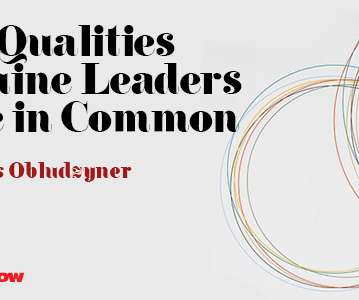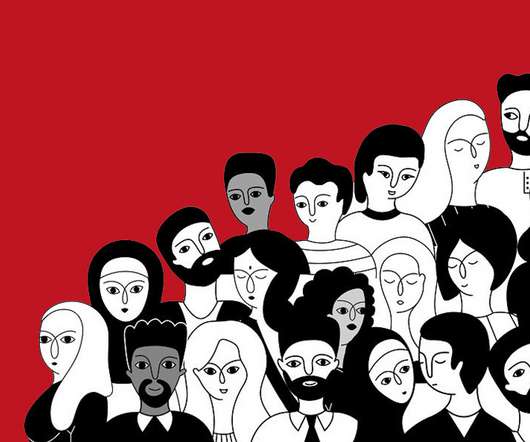How to Know if Your Boss is a Micromanager (or if you just need help)
Let's Grow Leaders
NOVEMBER 7, 2022
Is it micromanagement or the support you need? One of the biggest requests for help we receive is, “How do I deal with my micromanager boss?” ” In fact, that phrase consistently ranks in the top “ Asking for a Friend” questions in our Leadership Development Programs. What is Micromanagement?































Let's personalize your content